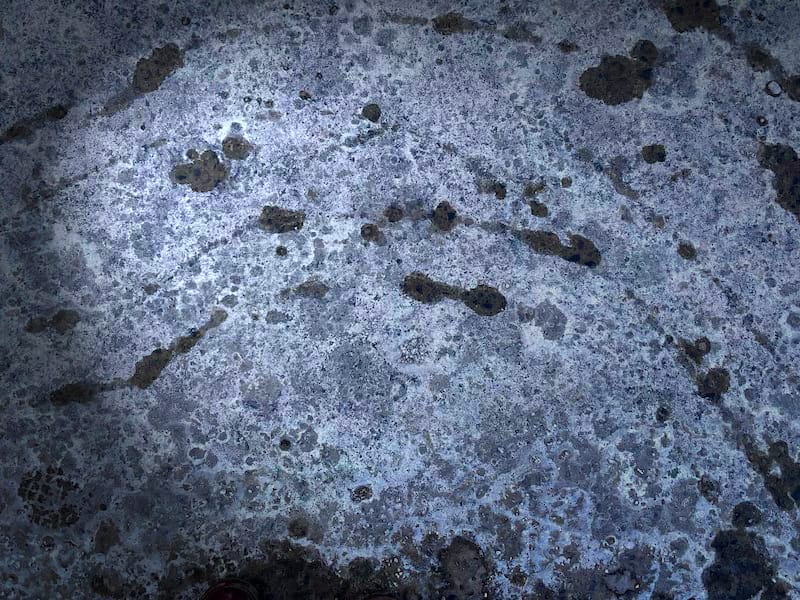
The cycle and the year
I was recently asked how I perceived a year. It was a game told by a colleague who had entertained her family and friends. There were four or five of us who answered, and the answers were very varied. Some see the year as just boxes in a calendar; others see it as a path, a horizon. My response was honestly circumspect: I don’t see it.
To the astonishment of my interlocutors, I thought it best to specify that I lived from day today. That time, for me, was the time I was living, and that I was trying more to represent time as a cycle.
I am not an astrologer-poet at heart for nothing. We moved on to another answer than mine because it obviously didn’t make people laugh. If I don’t see the year as a real entity to be defined, it is perhaps because I have long been immobilized by the sadness of the coming death. Nor am I sure that I have overcome this initial pain.
The only refuge for me was to understand the cycles, watch this day crush the previous one, and see the germ of a tree the next day, which will also end up being cut down by lightning.
This is by no means pessimistic. Wisdom undoubtedly begins with a good dose of resignation that obliges us to savor the seed of a day that is continuously renewed.
The year no longer makes sense when, for example, we understand that Saturn, Chronos in Greek, the fomenter of time, more or less accompanies the human cycle. Our species is aware of this distant god. We are reminded of his reality as if life were a long walk under a rain of bricks, to paraphrase Boucar Diouf.
Recently, a friend lost her mother. In her birth chart, Saturn touched a sensitive point, a bridge, a link, meaning a break, a step, among other things.
Cycles are everywhere, mixed, intertwined, resonating to the quantum depths. The universe vibrates by itself. Its profound carelessness towards our destiny is summed up by the reverberation of its existence.
What is the point of thinking about the year? Aren’t we made to live with the guiding fire of our passions, of our circles in the water?

